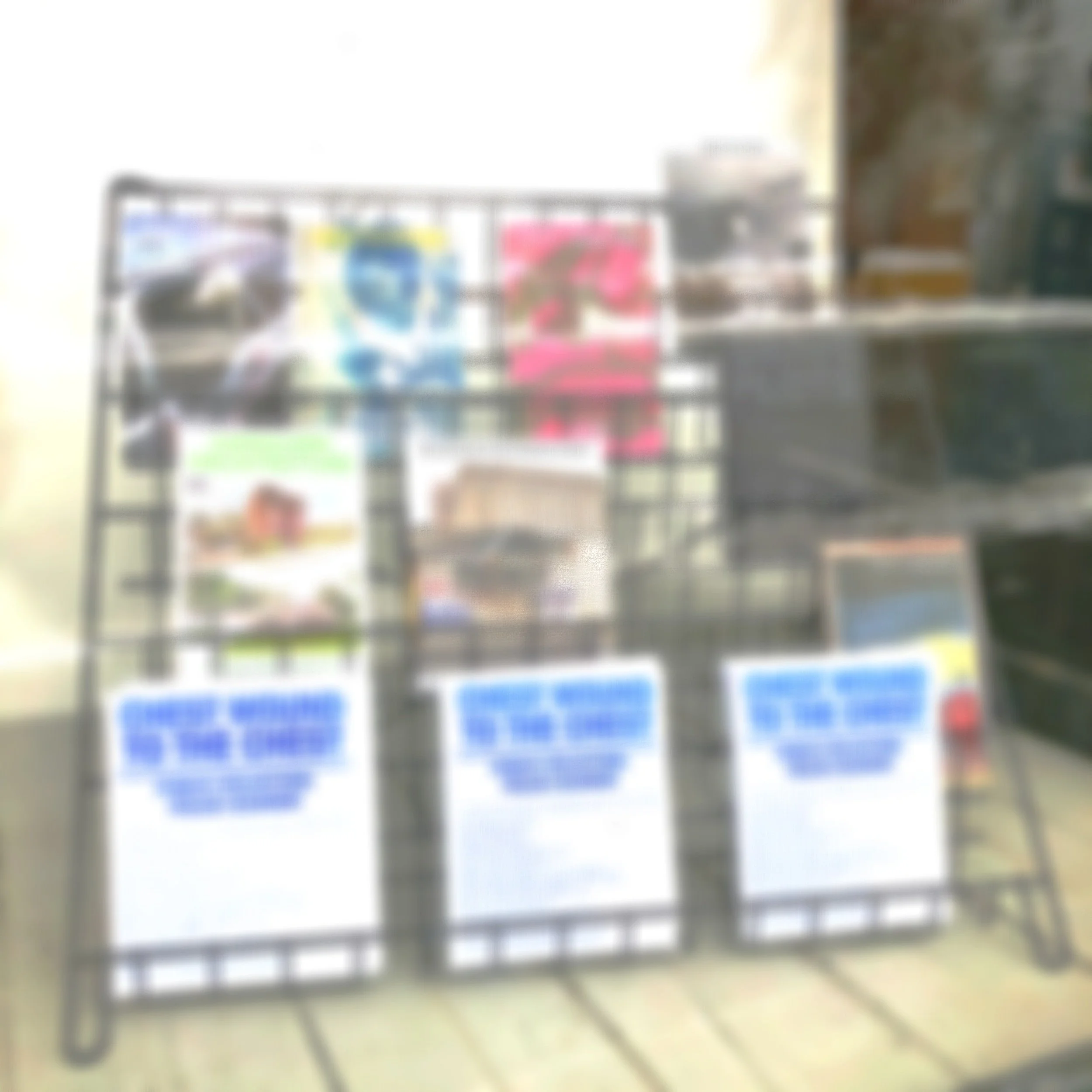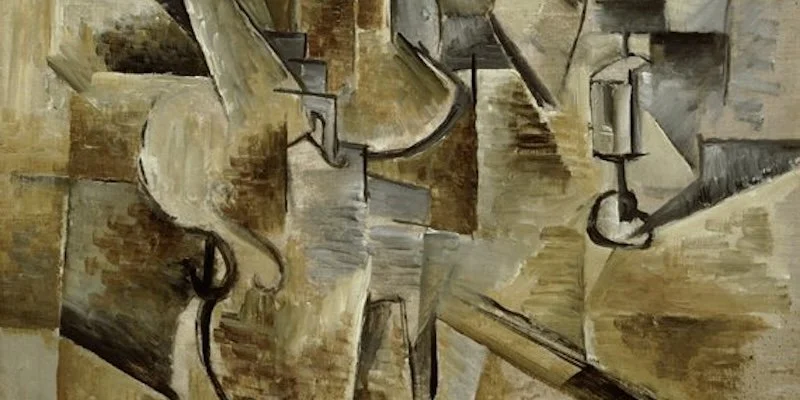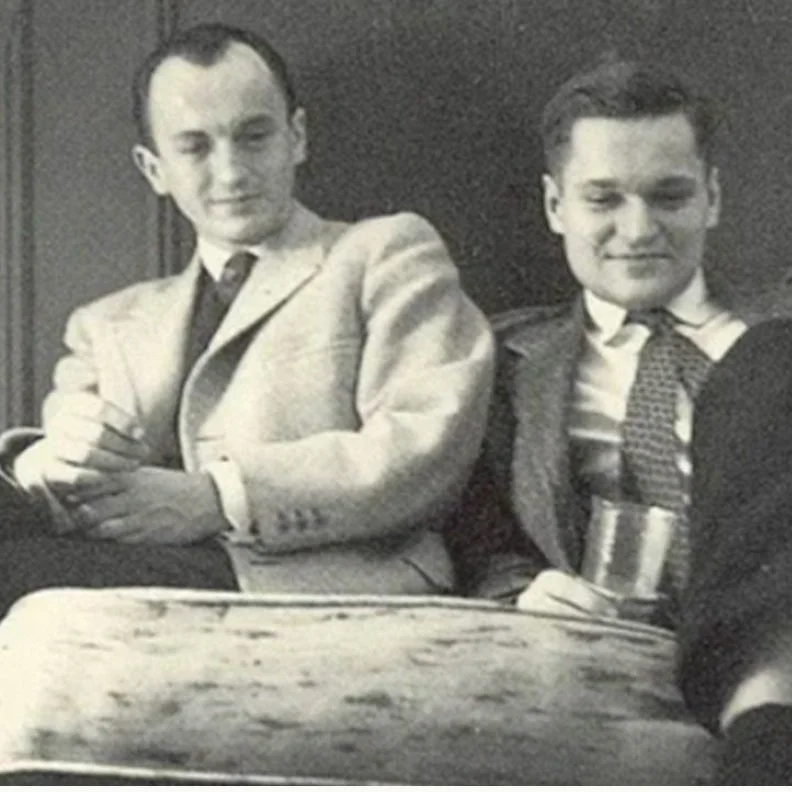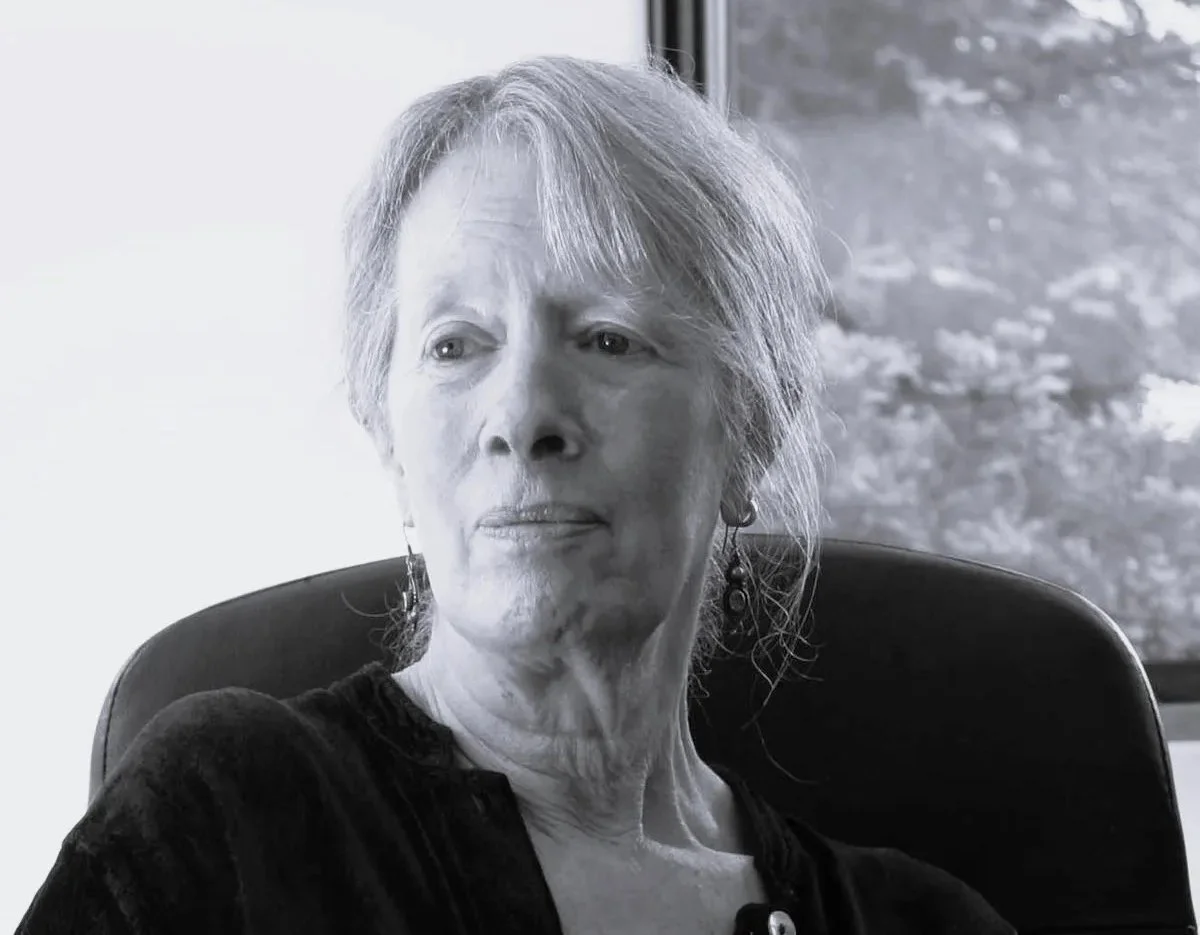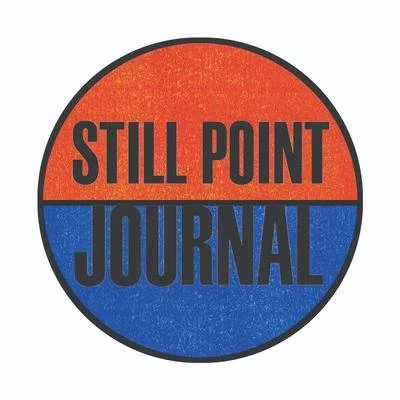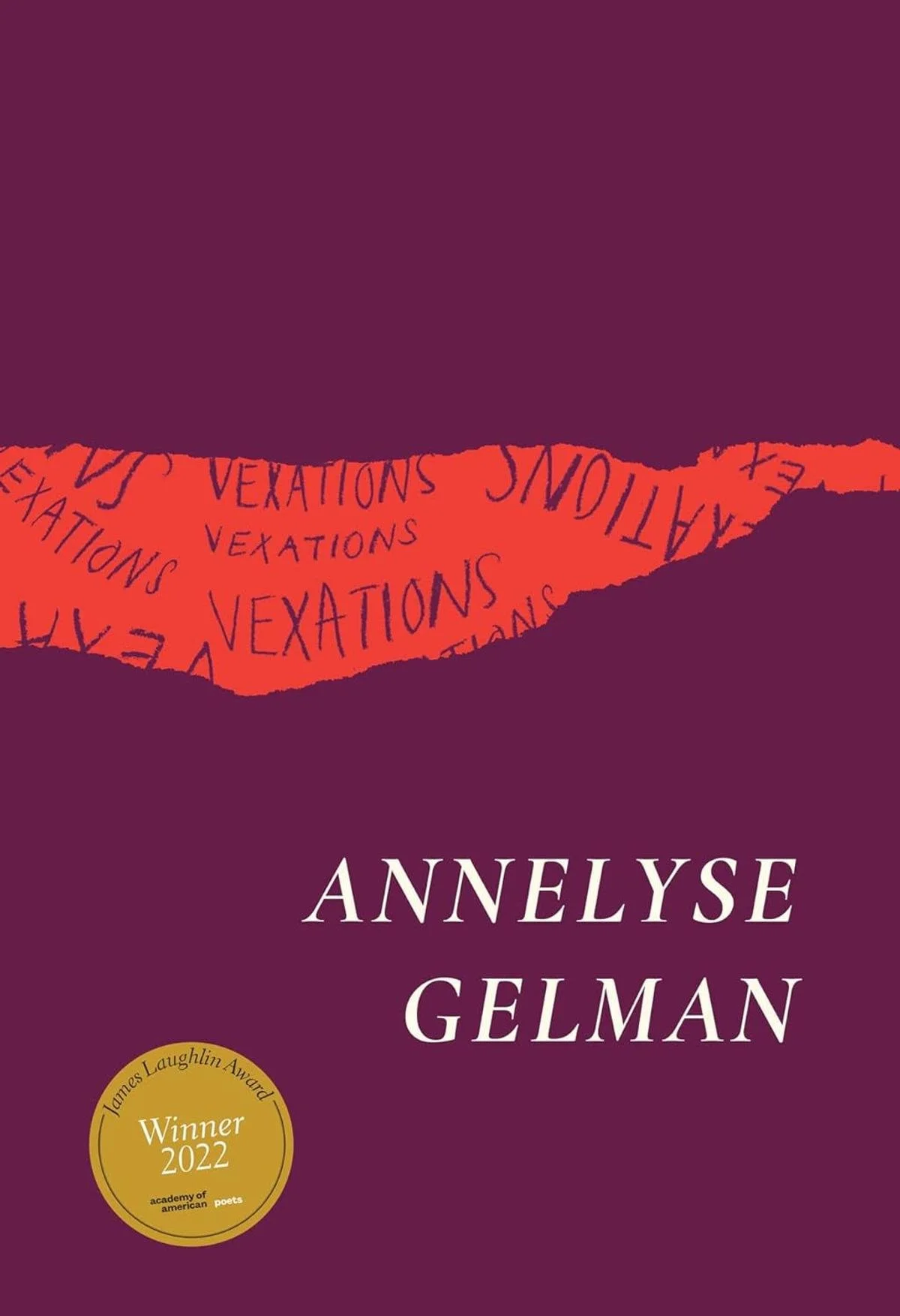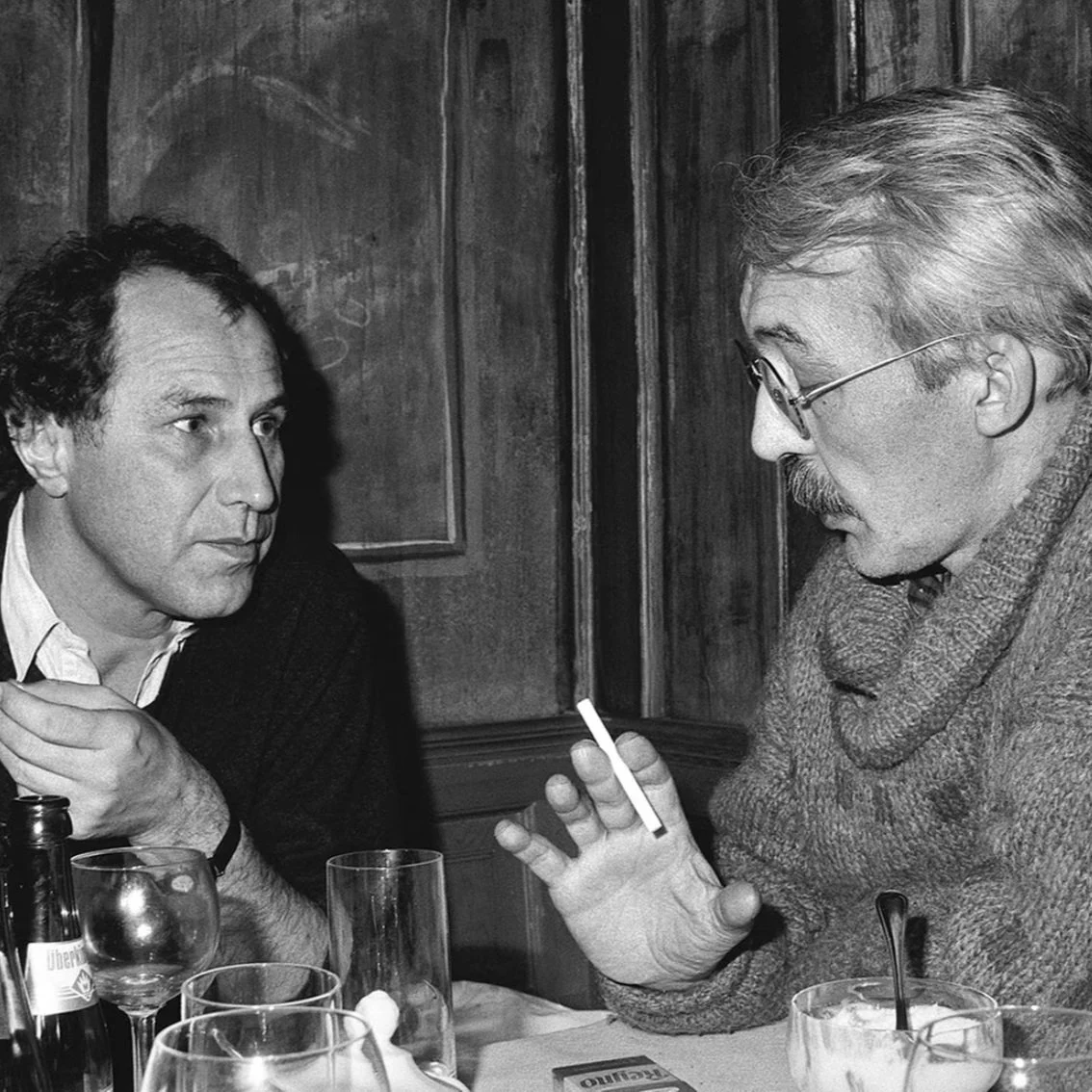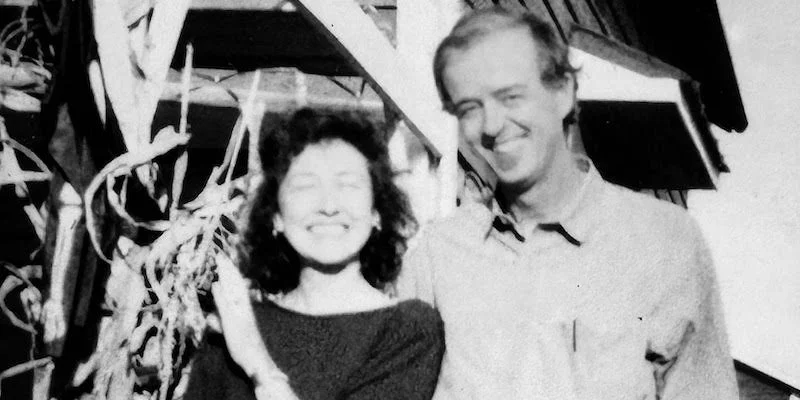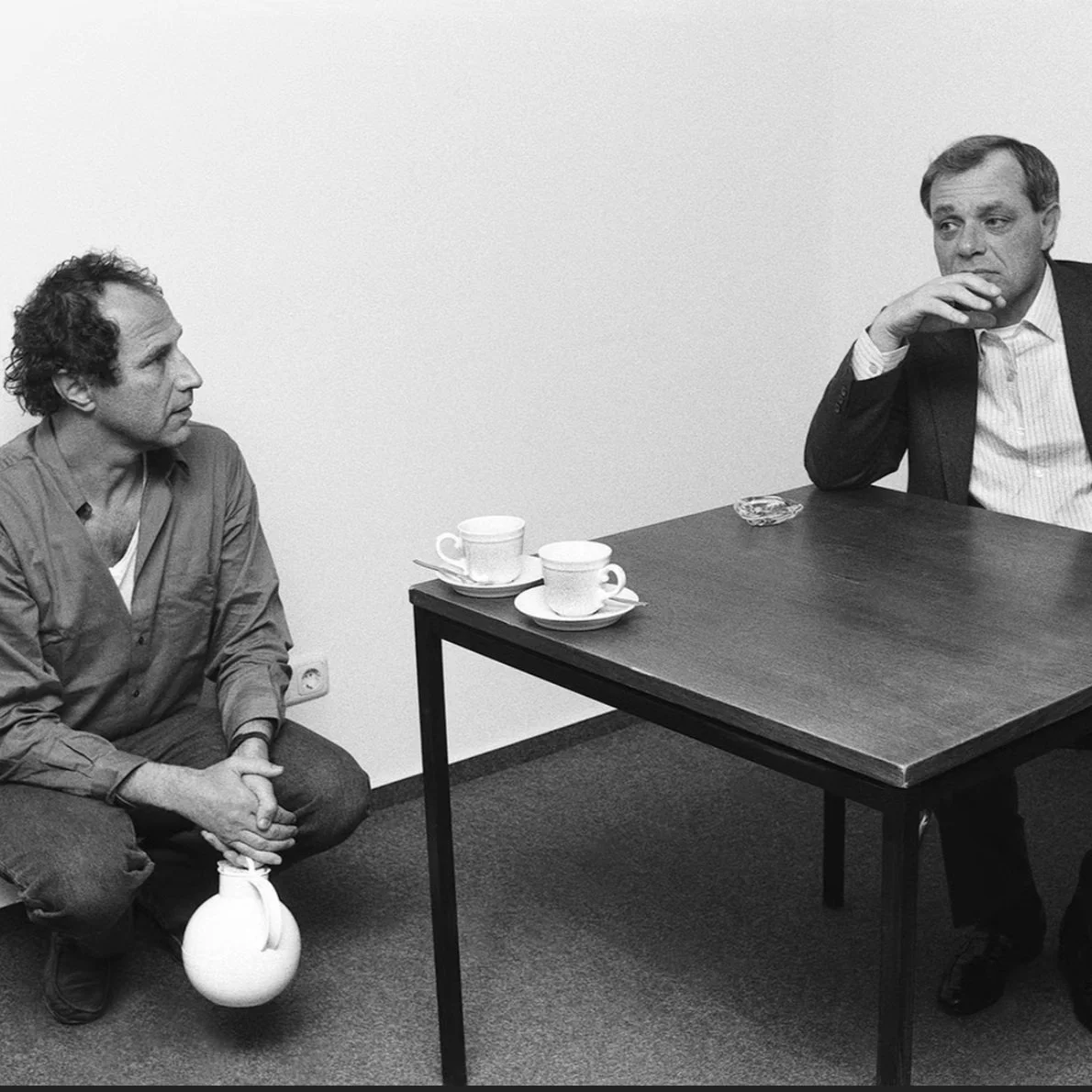"He’s not alive but I delight in John Ashbery’s work, the drift and sway and music of it."
Read MoreAFFIRMING THE INEFFABLE: A CONVERSATION WITH COLA (beatsperminute)→
/“But I do think that going into this record in particular, I was reading a lot of John Ashbery, thinking about poets that I was getting inspired by. He’s kind of like the quintessential anti-meaning, meaning guy; what he does is so evocative, but it’s not totally clear what it is. And I think that there’s something about that that I like. It’s just like another way to get really switched on.”
Read MoreLOW POETICS: ON CUBISM, DISABILITY, AND THE DISTANCE BETWEEN THE READER AND THE POEM (Lithub)→
/Looking at ”Violin and Candlestick,” I’m reminded of John Ashbery‘s early love poem “Some Trees,” in particular its opening lines: These are amazing; each / joining a neighbor, as though speech / were a still performance. I’m reminded, especially, of how in just a few lines the trees from the poem’s title become something spoken, or a replacement for language—how, through a quick series of sonic linkages, the word “trees” becomes, or at least develops a lyric connection to, the word “speech.”
Read MoreA TRIP TO FIRE ISLAND, NEW YORK’S SANDY LGBTQ SANCTUARY AND LONG-TIME FONT OF INSPIRATION, WHERE SIMPLICITY MEETS FANTASY (South China Morning Post)→
/It was here, in Carrington House, a wooden beach bungalow and one of only five sites on the United States National Register of Historic Places recognised for a role in LBGTQ history, that Truman Capote wrote Breakfast at Tiffany’s (1958) and Frank O’Hara partied with fellow poets John Ashbery and Kenneth Koch – experiences reflected in seminal poems such as A True Account of Talking to the Sun at Fire Island…
Read MoreMODERN–ISH POETS: FRANK O'HARA AND JOHN ASHBERY DISCUSSED BY SEAMUS PERRY AND MARK FORD →
/Seamus Perry and Mark Ford discuss the lives and works of Frank O’Hara and John Ashbery, close friends and leading lights of the New York School, who sought to create an anti-academic, hedonistic poetry, freeing themselves from the puritan American tradition…
Read MoreTREE, CHAIR, CONE, DOG, BISHOP, PIANO. VINEYARD, DOOR, OR PENNY (N+1)→
/“The passage opens both outward and inward, into what Hejinian admirer John Ashbery, in his own great not-not-a-memoir poem “Self-Portrait in a Convex Mirror,” calls “a magma of interiors.” The “pattern of small roses”. . .
Read MoreTHE HUDSON VALLEY'S THRIVING POETRY SCENE (Chronogram)→
/“The most influential American poet of our age, John Ashbery (1927-2017), lived his last years in Hudson, where the Flow Chart Foundation was established to preserve and promote his work. "John Ashbery and his husband David Kermani first came to Hudson in the '70s, following some friends who had already bought places here, like [artist] Elsworth Kelly," says the foundation's executive director, Jeffrey Lependorf”. . .
Read MorePHILOSOPHY MUST EMBRACE POETRY (iai news) →
/“After explaining ways Ashbery’s poem enlivens our understanding of the cultural and psychological sources of this mess, I opened the lecture to discussion. After a pause, a student who obviously wasn’t feeling it asked, sincerely and more or less respectfully, ‘is Ashbery just saying Fuck You to the reader?’” . . .
Read MoreLYN HEJINIAN, 82, DIES; LEADING LIGHT OF THE LANGUAGE POETRY MOVEMENT (The New York Times)→
/“In this sense, we are all fatalists,” Mr. Ashbery wrote, “since ‘whatever’ has happened to us all, and we all recognize it when we see it. Yet it has seldom been more sumptuously tallied, tabulated and illuminated.” . . .
Read MorePUTTING AN END TO WRITER'S BLOCK WITH FOUND POETRY (Pasadena Star-News)→
/“To refresh my memory I look up a couple of examples, “The Dong with the Luminous Nose” by John Ashbery” . . .
Read MorePAUL NORRIS: 'ASHBERY'S VAGUE RENAISSANCE ( Still Point Journal)→
/“The two senses of ‘fine’ express a close affinity between the ornate and the mediocre, which meet in many of our aesthetic categories (kitsch, camp, gaudy, etc.). Ashbery’s ‘fine’ does not quite fit into these categories, instead holding excellence and mediocrity in inassimilable suspension. Just as Christ is fully man and fully God, Ashbery’s ‘fine’ is great and trifling. Writers who were ‘fine / for their time’ are (as the trite near-rhyme suggests) being dismissed from a modern-day perspective, clouded by a layer of condescension. But ‘fine for their time’ could also mean ‘fine, as the word meant in their time’, therefore (as the OED has it) ‘perfect, pure, genuine’.” . . .
Read MoreMATRIARCHAL FLIGHT IN ALL ITS VOICES: ON ANNELYSE GELMAN'S "VEXATIONS (LARB))→
/“‘Among the echoes of poets, one certainly hears Ashbery, especially his tonal range: “Scientists put jellyfish genes in a rabbit / The g-forces were delectable in my pelvis.’” . . .
Read More1973 RADIO INTERVIEW AND READING WITH JOHN ASHBERY (Guggenheim)→
/Before his reading, Ashbery sat down for an interview on the WNYC Round and About the Guggenheim radio program with museum staffer Mimi Poser and David Kalstone, an English professor at Rutgers. The interview has been digitized and made available as part of the Guggenheim Museum Archives’ Reel to Reel collection. In the interview, Ashbery, Poser, and Kalstone, discuss how poetry relates to art, how Ashbery got his start as an art critic, and how he goes about writing a poem . . .
Read More"MEN WHO CUT ROSES": PHOTO BOOK ABOUT THE PUBLISHER MICHAEL KRÜGER (ndr)→
/"The gallery is now - how could it be otherwise with Krüger - as a book on the table. And to Ohlbaum's always fantastic photographs, Krüger contributed a few lines, miniatures, short portraits that are sometimes hilarious to read, enlightening, pointed. For example about John Ashbery:
“When you had dinner with this friendly poet in New York, he liked to order a large portion, but he would only eat half of it; the other half had to be packed away for the dog. He once explained to me that he wrote in a cubist style; I've been chewing on this for a long time”. . .
Read MorePOETS AND PAINTERS: PLASTIC HANDS (Clarín)→
/“Ashbery said that poetry has no content, that it is its own content. Poets don't write about anything other than poetry. If defining the nature of poetry may be the highest degree to which a poet can aspire, the articles included in this book are surely among the best attempts that have been made in this regard, at least during the 20th century” . . .
Read MoreDARA BARROIS/DIXION ON THE LIVED POETRY OF THE LATE JAMES TATE (Lithub)→
/“Dara Barrois/Dixon: Nothing startling, plenty arresting, plenty satisfying, renewing attachments to poems, finding new favorites, remaining impressed most of all with Jim’s dedication to imagination. Good to see and follow the poems changing over the years, while they never stop paying close attention to who people are and how we live. John Ashbery once called Jim’s poems “dazzling,” and that feels about right to me” . . .
Read MoreSTILL NO SOUND OF THE HOUR STRIKING (Art Review)→
/“The title of the Jeu de Paume retrospective draws on Rivers’s long-standing relationship with literary forms, which both inspire and appear within his work: in Rivers’s film Trees Down Here (2018), we hear John Ashbery read his poem ‘Some Trees’over a blurred background of drawings and the sound of pages turning (Art Review)” . . .
Read MoreMEN WHO CUT ROSES": PHOTO BOOK ABOUT THE PUBLISHER MICHAEL KRÜGER (ndr)
/“The gallery is now - how could it be otherwise with Krüger - as a book on the table. And to Ohlbaum's always fantastic photographs, Krüger contributed a few lines, miniatures, short portraits that are sometimes hilarious to read, enlightening, pointed. For example about John Ashbery:
When you had dinner with this friendly poet in New York, he liked to order a large portion, but he would only eat half of it; the other half had to be packed away for the dog. He once explained to me that he wrote in a cubist style; I've been chewing on this for a long time.” . . .
Read MoreTHE PORTRAIT AT THE TIME OF MAD MEN (Toutecd)→
/The artist Fairfield Porter, who portrayed the poet John Ashbery in 1952, was a determined counterpoint to Abstract Expressionism, focusing on landscape and figure. “I want to do everything the avant-garde theorists say you can't do,” he said. . .
Read More
